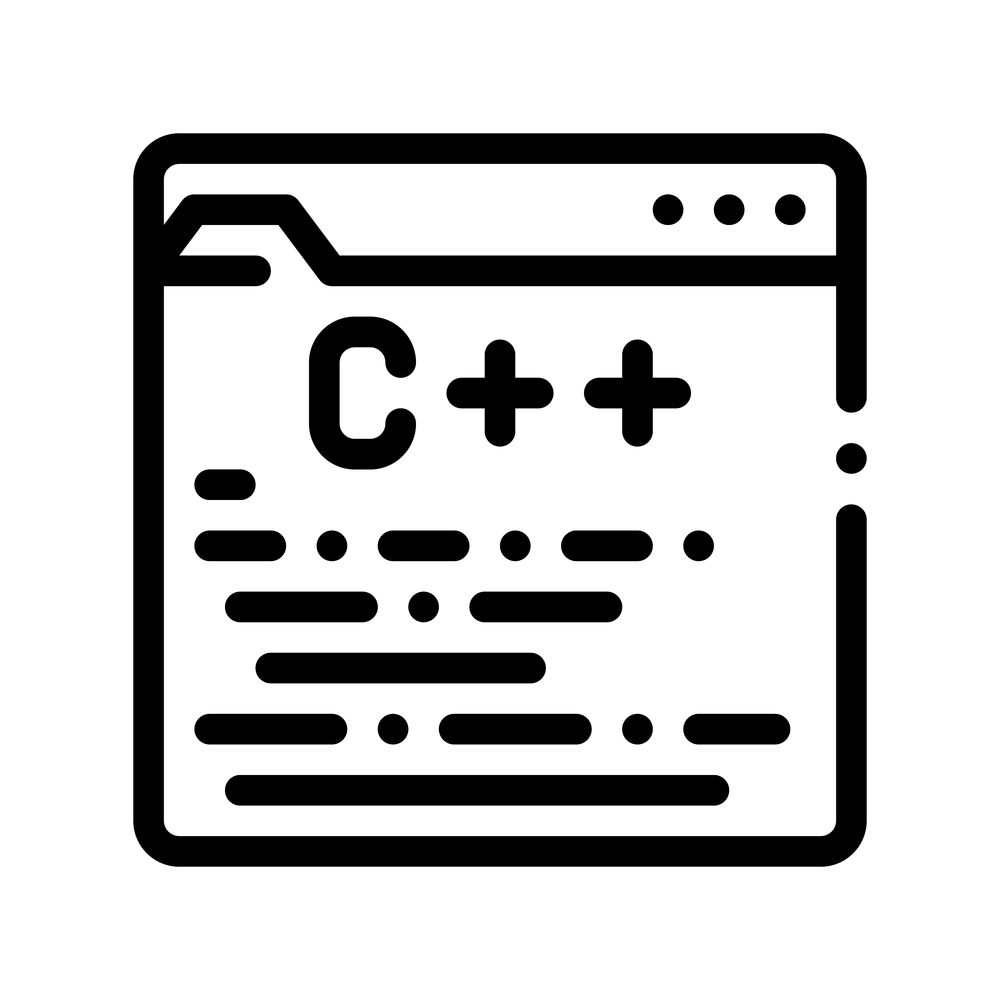constexpr Functions: Optimization vs Guarantee -- Andreas Fertig
 Constexpr has been around for a while now, but many don’t fully understand its subtleties. Andreas Fertig explores its use and when a constexpr expression might not be evaluated at compile time.
Constexpr has been around for a while now, but many don’t fully understand its subtleties. Andreas Fertig explores its use and when a constexpr expression might not be evaluated at compile time.
constexpr Functions: Optimization vs Guarantee
by Andreas Fertig
From the article:
The feature of constant evaluation is nothing new in 2023. You have constexpr available since C++11. Yet, in many of my classes, I see that people still struggle with
constexprfunctions. Let me shed some light on them.What you get is not what you see
One thing, which is a feature, is that
constexprfunctions can be evaluated at compile-time, but they can run at run-time as well. That evaluation at compile-time requires all values known at compile-time is reasonable. But I often see that the assumption is once all values for aconstexprfunction are known at compile-time, the function will be evaluated at compile-time.I can say that I find this assumption reasonable, and discovering the truth isn’t easy. Let’s consider an example (Listing 1).
constexpr auto Fun(int v) { return 42 / v; ① } int main() { const auto f = Fun(6); ② return f; ③ }Listing 1 The
constexprfunctionFundivides 42 by a value provided by the parameterv①. In ②, I callFunwith the value6and assign the result to the variablef.Last, in ③, I return the value of
fto prevent the compiler optimizes this program away. If you use Compiler Explorer to look at the resulting assembly, GCC with-O1brings this down to:main: mov eax, 7 retAs you can see, the compiler has evaluated the result of 42 / 6, which, of course, is 7. Aside from the final number, there is also no trace at all of the function
Fun.Now, this is what, in my experience, makes people believe that
Funwas evaluated at compile-time thanks toconstexpr. Yet this view is incorrect. You are looking at compiler optimization, something different fromconstexprfunctions.

 C++’s undefined behaviour impacts safety. Sandor Dargo explains how and why uninitialised reads will become erroneous behaviour in C++26, rather than being undefined behaviour.
C++’s undefined behaviour impacts safety. Sandor Dargo explains how and why uninitialised reads will become erroneous behaviour in C++26, rather than being undefined behaviour. In the December issue of Overload [
In the December issue of Overload [ Friday, May 30th, 2025, 10:00 - 18:00 Berlin time (online)
Friday, May 30th, 2025, 10:00 - 18:00 Berlin time (online)